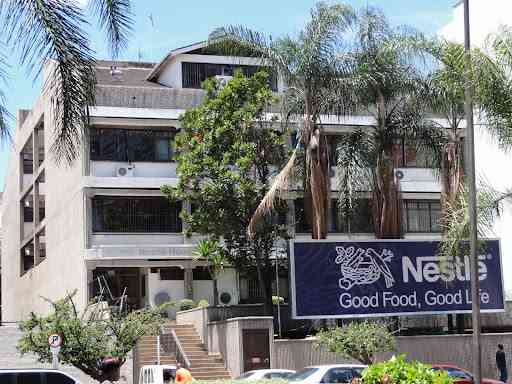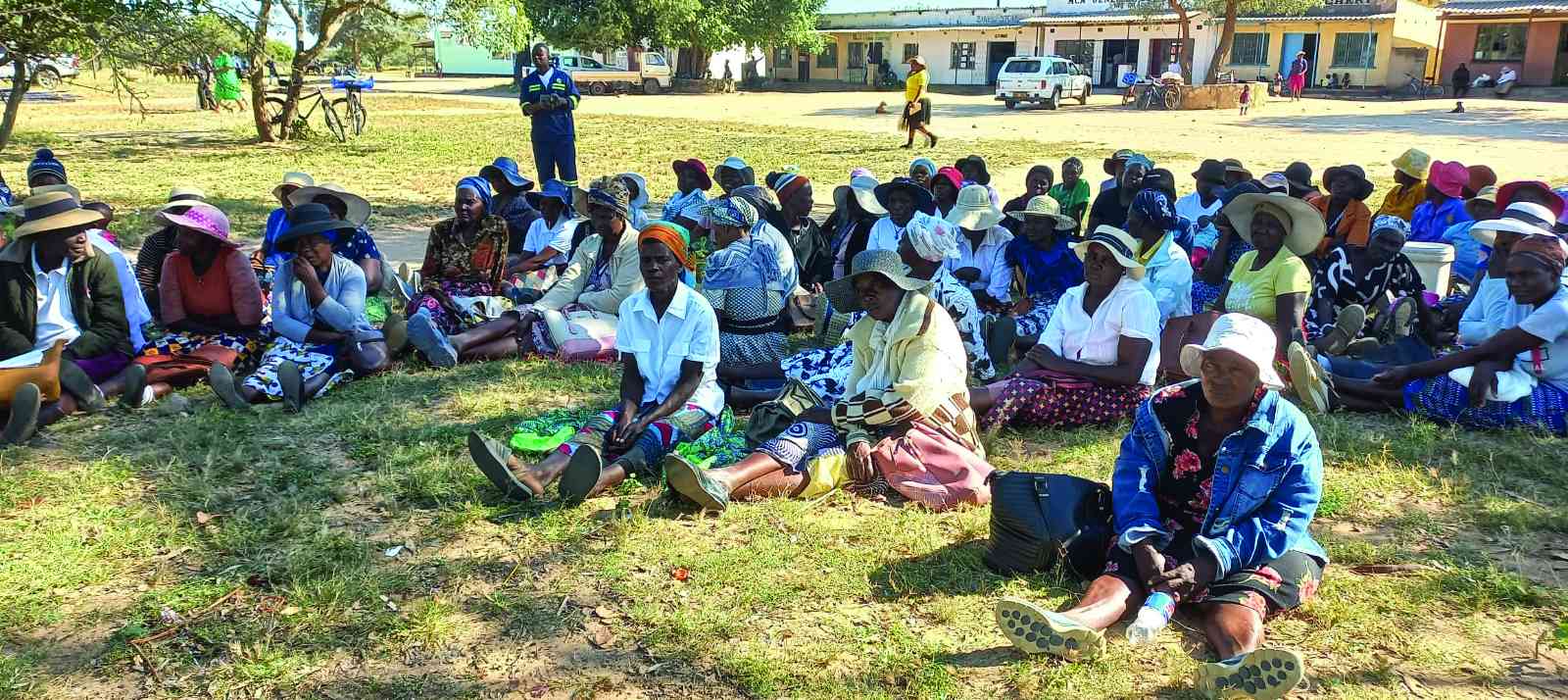
FOOD and beverage firm, Nestlé Zimbabwe (Nestlé) is planning to invest in a fifth roller dryer at its Harare factory amid a rise in demand for its Cerevita cereal brand from the diaspora community and regional market.
The fifth roller dryer revelation comes as Nestlé unveiled a similar US$7 million machine at its Harare factory on Wednesday, its fourth one, to expand cereal production capacity by 35% and strengthen Zimbabwe’s role as the Nestlé Cerevita hub for Africa’s east and southern regions.
Currently, Nestlé’s monthly cereal output averages 730 tonnes.
The initiative is part of Nestlé’s broader investment of more than US$40 million in Zimbabwe over the past decade, reinforcing its long-term commitment to the country’s growth and development.
Nestlé is one of the operating companies under Nestlé East and Southern Africa Region (ESAR) Limited, a subsidiary of Nestlé S.A., a Swiss multinational food and drink processing conglomerate corporation.
“So, we are already thinking about the next one (roller dryer). We are very, very focused on this country because if we do not continue to invest in Zimbabwe to develop this Cerevita, we cannot grow the business in the country, in and around,” ESAR chief financial officer John Ashley told NewsDay Business in an interview on Wednesday.
“Today, we export to Malawi, Mozambique and Zambia out of here but the demand is big.
“We have demand in Kenya, we have demand in Mauritius, and we have demand in the diaspora that we cannot supply. So, we have a strong agenda to be able to invest in this market.”
- The Soccer Whiz: Vini came, he saw and he conquered
- Developed countries owe rich Africa tax obligations
- Sunday word: Prayer and how it’s part of the Christian walk
- Sundayword: For the work of the gospel
Keep Reading
He said Nestlé was targeting a growing demand for breakfast cereal.
“It is interesting because there are two groups of consumers. One, if you look at the Zimbabwean diaspora, it’s quite huge,” Ashley added.
“So, there are a lot of Zimbabweans outside of Zimbabwe who are probably the primary market for the export.”
The launch of the new machinery is also part of Nestlé’s “Africa for Africa” strategy, which focuses on building resilient, locally driven value chains powered by African talent and solutions.
The strategy is also expected to bring to life the company’s Virtuous Circle; a model designed to create shared value through local sourcing, job creation, youth empowerment and skills development.
Locally, Nestlé has four subsidiary branches in Bulawayo, Gweru, Mutare and Masvingo, with the head office located in Harare’s central business district.
The factory, located in the Southerton industrial area, supplies products to the local market, Zambia and Malawi.
Nestlé Greater Zambezi, East and Horn of Africa managing director and clusters head Khaled Ramadan told journalists that the commissioning of the roller dryer 4 was part of the company’s export strategy.
“So, we have a very strong export strategy and then today with the commissioning of the roller dryer, and then the capacity increase that we are going to get, we are expecting that this export goes beyond 25% in terms of growth,” he said.
“Now, we are expanding in terms of different markets. So, we export to Zambia, we export to Malawi, we export to Mozambique, and we export to Botswana.
“We have some exports to South Africa as well, and we are also looking to the east and north of Africa, where we are targeting Tanzania and then Ethiopia at this point in time.”
Addressing delegates during the commissioning, Ramadan said the investment aligned seamlessly with Zimbabwe’s Industrial Reconstruction and Growth Plan, reinforcing national priorities such as food security, skills development, and economic empowerment.
“This investment enhances the availability and consistency of Cerevita, enabling more families to enjoy its benefits each morning. However, our commitment extends beyond products,” he said.
“Nestlé Zimbabwe is dedicated to investing in people and fostering partnerships.
“We empower 149 direct employees, 268 casual workers, and an average of eight graduate trainees annually across our factory and distribution centre.
“Our collaboration with over 350 local suppliers and 18 farmers is integral to our sourcing strategy, reinforcing our commitment to local economies.”










